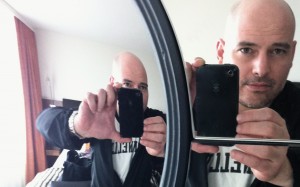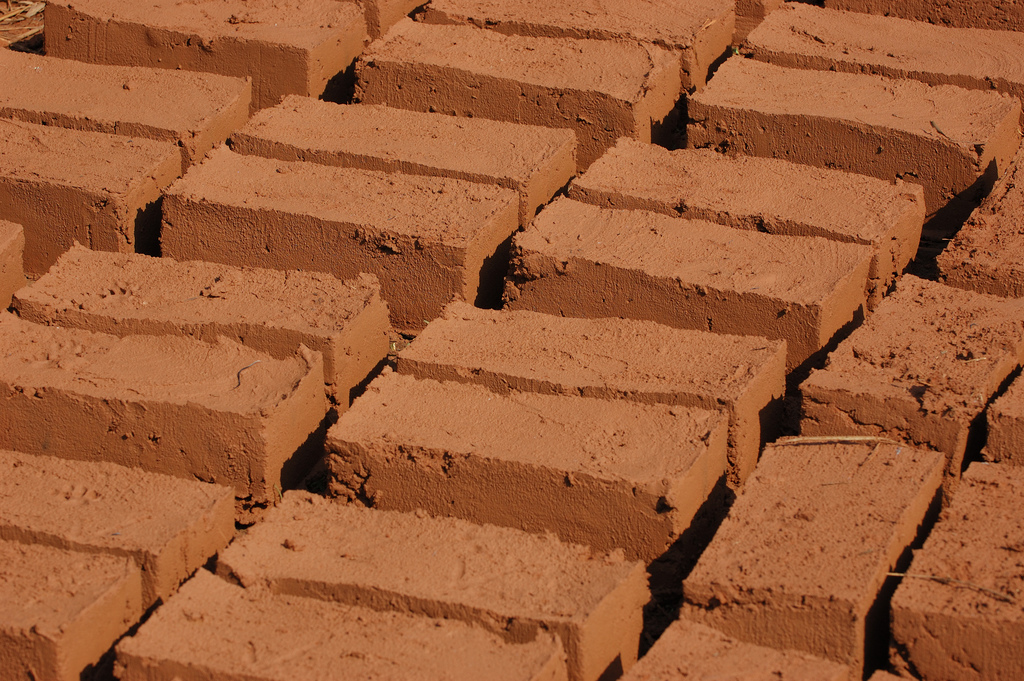“The Earth Itself”
For the month of December, we have featured Pushcart Prize-nominated work from recent issues of Poetry Northwest. This week, we’ll wrap up this series with a look at two poems that earned their authors a place in last year’s Pushcart Anthology (2013). First up: one of Timothy Donnelly’s winning poems, introduced by the poet.
The unstoppable eccentric visionary antiquarian scholar-priest Athanasius Kircher is pretty high on my list of heroes. Born in 1601 outside the city of Fulda, not far from the geographical heart of today’s Germany, Kircher’s beautifully illustrated books on Egyptology, magnetism, acoustics, Kabbalah, numerology, volcanology and an array of other subjects exuberate over the world’s inexhaustible complexity, its baroque convolution of matter and spirit, sparing no detail as they reveal how all creation is “bound by secret knots.” In his Turris Babel, a treatise on linguistics by way of a compendium of pre-classical architecture, Kircher crunches all kinds of numbers in order demonstrate how doomed an idea the Tower of Babel was, concluding, among other things, that it would have required no fewer than 374,731,250,000,000,000 bricks to build.
My source for this imponderable figure isn’t Turris Babel itself (very little of Kircher, who wrote in Latin, has been translated into English) but Joscelyn Godwin’s exceptional 4.5-lb tome, Athansius Kircher’s Theatre of the World: The Life and Work of the Last Man to Search for Universal Knowledge (2009), a copy of which has been parked at my bedside for a few years now. In “The Earth Itself,” a poem I wrote on December 8, 2011, hoping to have something new to read at an event that night, I let my interest in the Tower of Babel and the scientific spirit of Kircher interrupt the course of an ordinary day of laundry in Brooklyn. I wrote the poem as the day unraveled, having no idea where it would go or end, knowing only that I had to be done with it in time to get to Tenth St. by 7pm, and whatever the poem says I did, I did, with or without profit. (Timothy Donnelly)
The Earth Itself
To quantify the foolishness of the already long since failed
construction project, the famous German polymath
undertook to calculate the precise number of bricks
the Tower of Babel would have required had it ever been
finished. The figure he came up with ran an impressive
eighteen digits in length, climbing all the way up
to that rarely occupied hundred-quadrillionths place.
Looking at it now, between loads of laundry, the figure
calls to mind an American telephone number—area code first,
then the prefix, then the line number, followed in turn
by a trail of eight additional zeroes. I feel a little lost
through the hypnosis of those zeroes, but I still pick up
the phone and dial that number now. A recording says
the number I’ve dialed isn’t an actual telephone number
after all. Please try again. I do. Same result. I try dialing
that trail of zeroes instead. This time the recording says
that the call I’m making might itself be recorded. I hesitate a bit
at the thought of that, when all this crazy science, all
this poking into mysteries, panting for answers, always
harder, higher, my phone calls today and the recordings
during laundry, the laundry—it all comes crashing down.
I don’t have time to experiment. I’m hanging up the phone.
But wait, there’s more! On my rush back to the laundromat
I remembered I forgot a part. The polymath figured out, too,
that if the tower had reached its destination, it would have
taken over eight-hundred years to climb to the top.
What’s more, his calculations say the mass of all those bricks
would have outweighed, slightly, the earth’s own mass,
meaning the tower would have used up all the matter of
the planet it was built on, which is foolish enough, and then
a little more, which is ridiculous, unless the tower is secretly
just the earth itself, with the added weight of all the living on it.
—
 Timothy Donnelly is the author of Twenty-seven Props for a Production of Eine Lebensziet (Grove, 2003) and The Cloud Corporation (Wave, 2010), winner of the 2012 Kinglsey Tufts Poetry Award. With John Ashbery and Geoffrey G. O’Brien he is coauthor of Three Poets, published by Minus A Press in 2012. Recent poems have appeared or are forthcoming in Harvard Review, Harper’s, Iowa Review, The Nation, The New Republic, The Paris Review, Poetry and elsewhere. He is a recipient of The Paris Review’s Bernard F. Conners Poetry Award as well as of fellowships from the Guggenheim Memorial Foundation and the New York State Writer’s Institute. He is a poetry editor for Boston Review and lives in Brooklyn.
Timothy Donnelly is the author of Twenty-seven Props for a Production of Eine Lebensziet (Grove, 2003) and The Cloud Corporation (Wave, 2010), winner of the 2012 Kinglsey Tufts Poetry Award. With John Ashbery and Geoffrey G. O’Brien he is coauthor of Three Poets, published by Minus A Press in 2012. Recent poems have appeared or are forthcoming in Harvard Review, Harper’s, Iowa Review, The Nation, The New Republic, The Paris Review, Poetry and elsewhere. He is a recipient of The Paris Review’s Bernard F. Conners Poetry Award as well as of fellowships from the Guggenheim Memorial Foundation and the New York State Writer’s Institute. He is a poetry editor for Boston Review and lives in Brooklyn.
“The Earth Itself” appeared first in the Spring & Summer 2012 issue of Poetry Northwest.
—
photo credit: Julien Harneis via photopin cc

